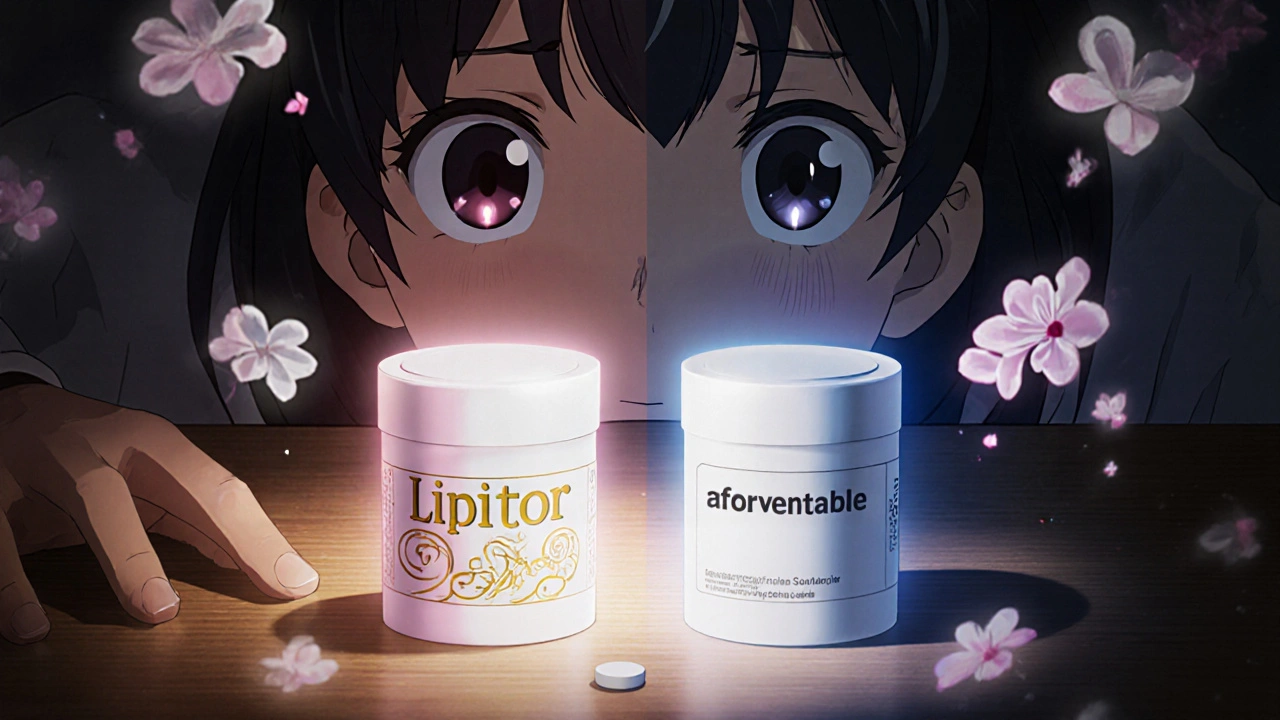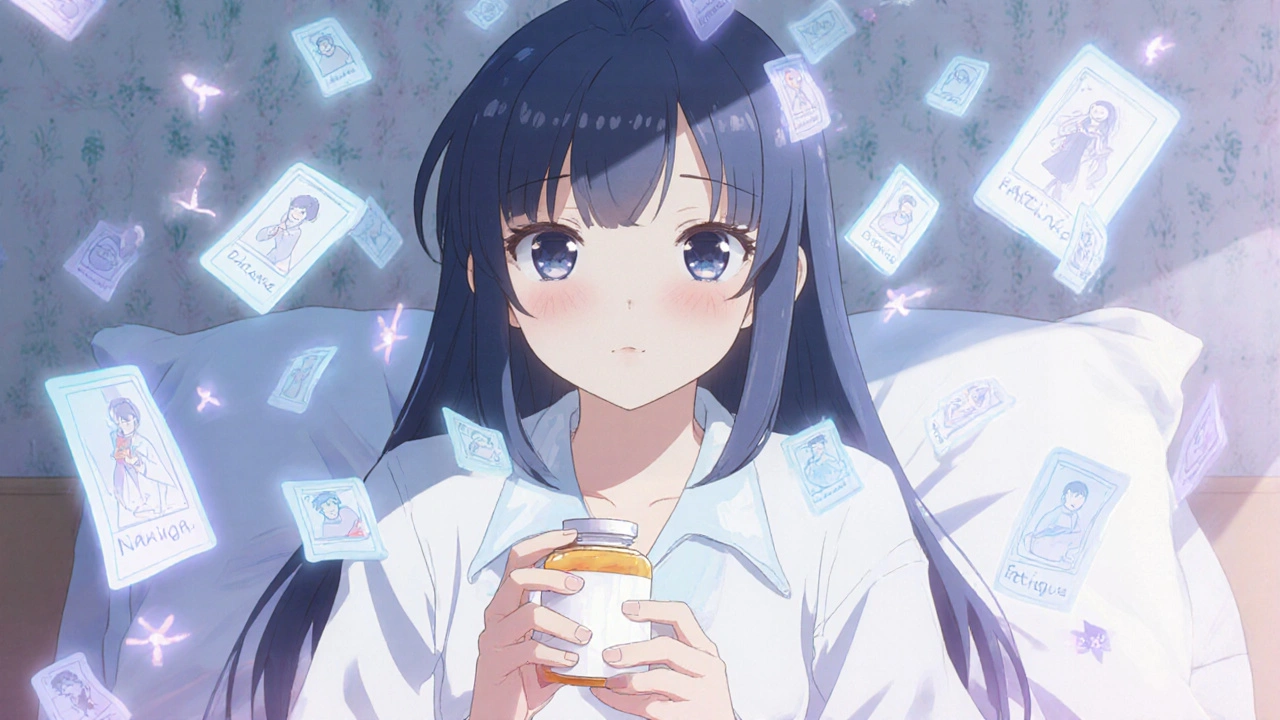Placebo Effect: What It Is and Why It Matters in Medicine
When you take a sugar pill and feel better, it’s not in your head—it’s in your body. This is the placebo effect, a measurable change in symptoms caused by belief in a treatment, even when the treatment has no active ingredient. Also known as the placebo response, it’s one of the most powerful, yet misunderstood, forces in medicine.
The placebo-controlled trial, the gold standard for testing new drugs, relies on this effect to separate real results from wishful thinking. In these studies, one group gets the real drug, another gets a fake pill—often identical in color, size, and taste. If both groups improve equally, the drug likely doesn’t work. But if only the real drug group improves, you know it’s doing something. These trials aren’t just about proving drugs work—they reveal how deeply your expectations shape your health.
It’s not just pills. The mind-body healing, the connection between your thoughts and physical symptoms plays out in real time. A patient given a fake injection for pain reports less discomfort. Someone told they’re getting a powerful antidepressant feels more energy—even if the capsule is just starch. Even the way a doctor speaks, how long they spend with you, and the clinic’s atmosphere can trigger real biological changes. Studies show the placebo effect can activate the same brain areas as morphine, release natural painkillers, and even lower blood pressure.
And it’s not just for pain. Research has shown placebo responses in Parkinson’s disease, depression, asthma, and even immune system reactions. In one famous study, people with allergies reacted to fake pollen when they believed it was real. In another, patients with irritable bowel syndrome improved after being told they were taking a placebo—and even knowing it was fake didn’t stop the benefit. This isn’t magic. It’s biology responding to meaning, trust, and expectation.
That’s why the drug efficacy, how well a medication actually works compared to no treatment can’t be measured without accounting for the placebo effect. Many drugs only edge out sugar pills by a small margin. If a new painkiller reduces pain by 30% and the placebo reduces it by 25%, the real drug added just 5%. That’s not failure—it’s insight. It tells us that belief, attention, and care are part of the medicine too.
Some doctors still avoid talking about placebos, fearing it’ll break trust. But the truth is, patients respond better when they understand how their mind helps their body heal. The placebo effect isn’t about lying—it’s about harnessing the power of hope, routine, and human connection. Whether you’re taking a pill, seeing a therapist, or trying a new treatment, your brain is always listening. And sometimes, what you believe matters as much as what’s in the bottle.
Below, you’ll find real-world stories and studies that show how the placebo effect shows up in everything from antidepressants to arthritis treatments—sometimes helping, sometimes hiding, always revealing how much more there is to healing than chemistry alone.

